Summary
In Mexico, the Dominican Republic, Guatemala, and Cuba, this initiative aims to reduce the vulnerability of inhabitants to extreme climate events due to climate change, increasing their adaptive capacity, as well as minimizing the social and economic impacts, developing ecosystem-based adaptation measures, and innovative financial mechanisms in accordance with the conditions and needs of target populations.
Introduction
Mexico is a megadiverse country: in our territory, several factors have come together to allow a variety of life forms to develop, among them many endemic species, and a forest area that covers 64 million hectares.
Unfortunately, deforestation and pollution are also a reality, causing biodiversity loss and environmental degradation, which makes the country highly vulnerable to the impacts of climate change, increasing the recurrence and intensity of natural disasters, which in turn lead to considerable social and economic damage. In contrast, conserved forests with high biodiversity and resilience reduce the vulnerability of populations in watersheds to extreme weather events.
In 2016 the partners Pronatura México AC . in Mexico, Defenders of Nature, in Guatemala, Centro Naturaleza in the Dominican Republic, and the Budgeted Unit of Environmental Services in Cuba, submitted a proposal, led by Oro Verde, to the Federal Ministry of the Environment, Nature Conservation and Nuclear Safety of Germany (BMU). Through the International Climate Initiative (IKI) program, plans were made to develop an integrative and multi-sector model with ecosystem-based adaptation measures and innovative financial mechanisms for the conservation of watersheds, thereby reducing the vulnerability of the inhabitants of these countries in the face of extreme climate events due to climate change, as well as minimizing the social and economic impacts.
This project will be developed based on the approach of comprehensive management of priority watersheds, which consists of applying Ecosystem-based Adaptation (EbA) in areas that integrate ecosystem functions and services of great value to encourage their conservation and restoration at the hands of human communities, in order to promote both adaptation to climate change and ecological resilience of forest areas as well as agricultural and livestock production areas, based on good practices and sustainable use.
To develop this model, actions will be implemented that focused on significant contributions to the restoration and conservation of forests and their biodiversity, thus promoting their adaptation to climate change. The activities to be carried out will be concentrated in four areas:
- Plans for sustainable land use, which consist of carrying out strategies through a participatory process; they include actions aimed at ecosystem-based adaptation, and integrate functions and ecosystem services of forests, so that ecosystems and the people dependent on them can be resilient to the negative effects of climate change.
- Innovative financial mechanisms, based on an economic valuation of environmental services and their main beneficiaries or users, will create a creative and proactive financial link between them.
- Forest environmental services that promote the restoration of vulnerable areas through participatory management and conservation of forest areas to improve adaptation to climate change and decrease vulnerability to disturbances of varying magnitudes, through the implementation of agricultural, livestock and forestry techniques within the scheme of ecosystem-based adaptation; in order to promote the resilience of forests and productive areas of each watershed with an improved fire management strategy, the promotion of biodiversity conservation, and the development of sustainable productive techniques.
- National public policies and regulations: based on the successes of the lessons learnt during the development of the project, the aim is to share the findings and results with decision makers at different levels, to influence the regulatory framework of each of the partnered nations in order to promote public policies focused on adaptation to climate change. This point will be carried out by raising awareness of the issue of adaptation to climate change and reducing the vulnerability of populations in various consultation forums with the support of a good communications campaign, considering the involvement of leaders and decision-makers.
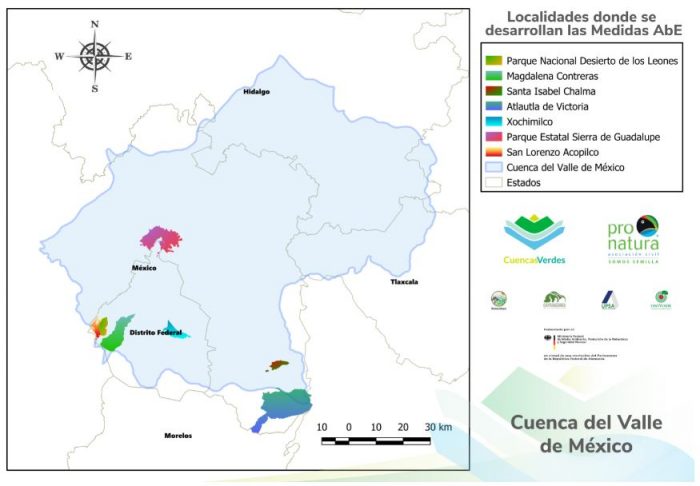
This project will last five years, during which different activities will be implemented in order to strengthen resilience in the watersheds of the four associated countries. In our country, work will be carried out in the Valley of Mexico, with the communities of San Gregorio Atlapulco, La Magdalena Contreras, San Lorenzo Acopilco, and Desierto de los Leones National Park in Mexico City; and Atlautla de Victoria, Santa Isabel Chalma, and Sierra de Guadalupe National Park in the State of Mexico.
During 2018, participatory diagnostics were carried out in each of the work sites, to identify climate trends and levels of vulnerability that communities would present in these scenarios; models for the identification and valuation of ecosystem services will be used. This will serve as an input for the elaboration of EbA plans that seek to increase the resilience of natural spaces and decrease vulnerability to climatic effects in workplaces.
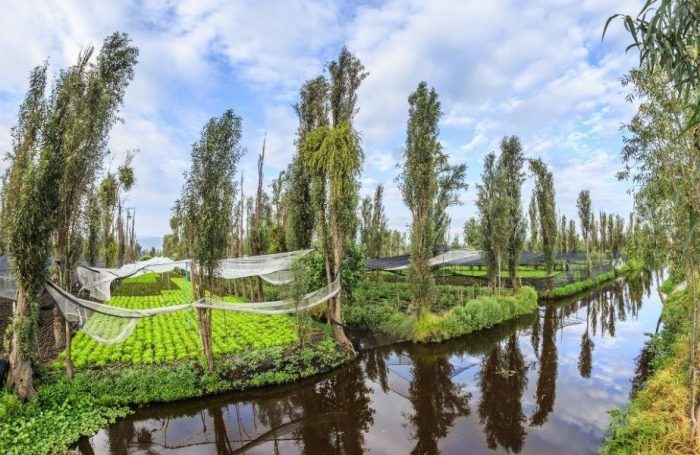
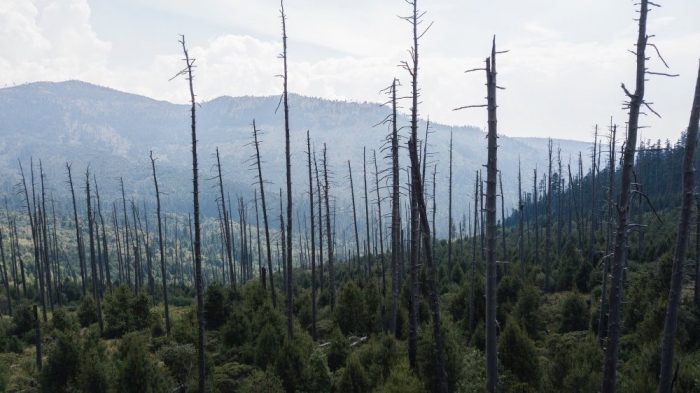
This project represents a huge challenge for the communities and our organizations: we are facing it and accept it with great enthusiasm and professionalism, knowing that we will find many allies with common goals along the way.
These are the districts where the Green Watersheds project is currently working:
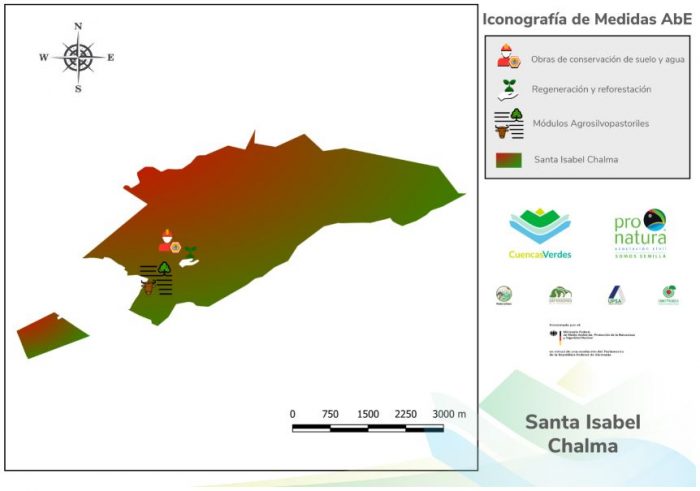
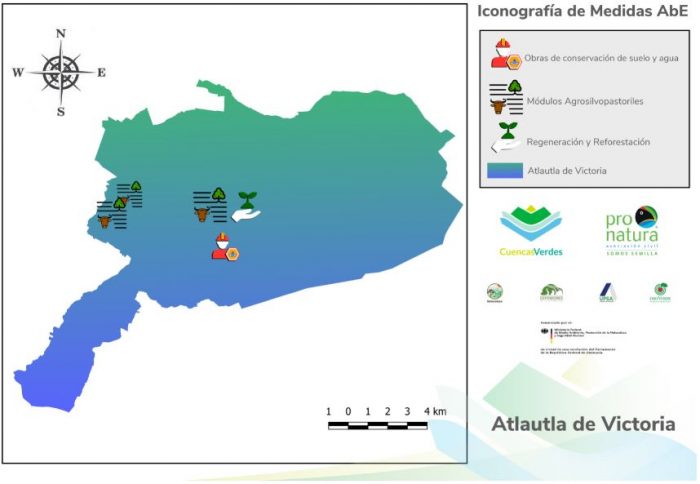
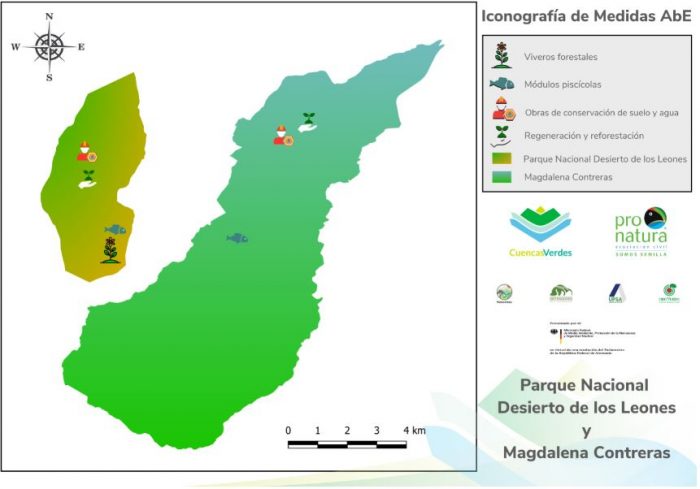
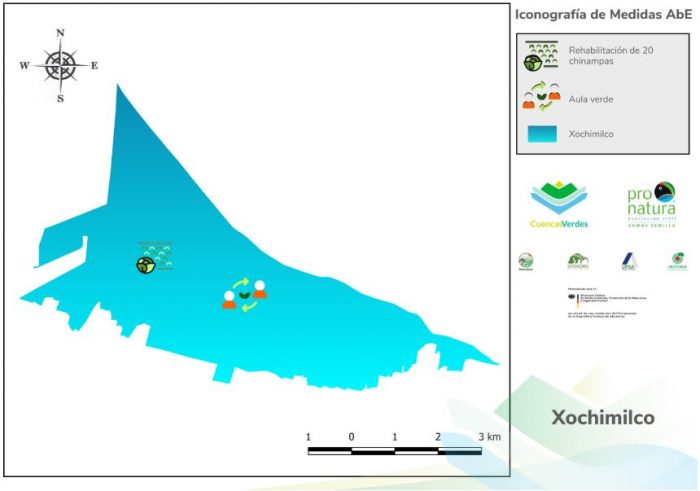
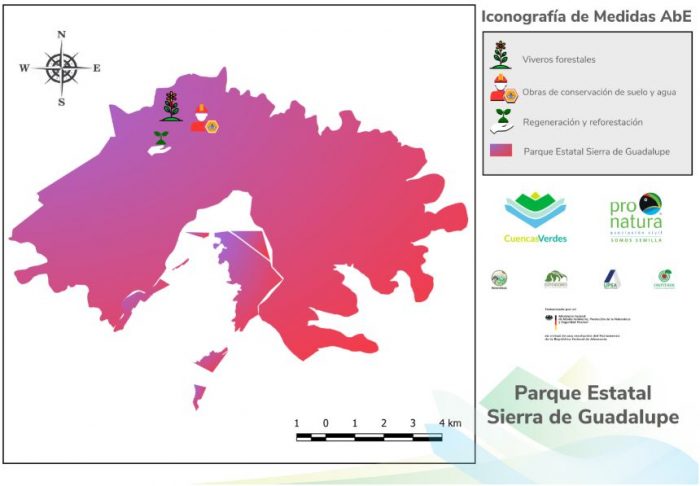
Green Watersheds is a project that represents a great challenge for both the communities and our organizations, but we are facing it with enthusiasm and great professionalism, confident that we will find more allies with common objectives that allow us to reach our goal satisfactorily.
“Green Watersheds, Adapting to the Future”
Contacts in Mexico:
Oswaldo Flores Armillas
Project Coordinator in Mexico
oswaldo.flores@pronatura.org.mx
Diana Sánchez
Regional Communication Coordinator
diana.sanchez@pronatura.org.mx
Torsten Klimpel
International Coordination of the project (Oroverde die tropenwaldstiftung)
tklimpel@oroverde.de
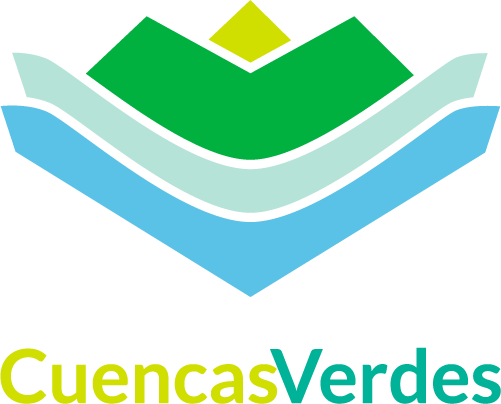
Learn more about us
Social Media
